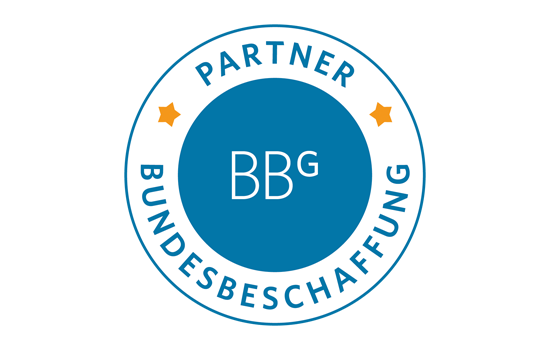The reporting obligation applies to payment service providers in accordance with the Payment Services Directive (PSD2) and thus specifically to credit institutions, e-money institutions, postal banks/postal cheque offices, payment institutions and other payment service providers (PSPs) that are authorised to provide payment services. The well-known exemption for small payment service providers processing less than €3 million in transaction value does not apply to CESOP reporting obligations.
The main objective is to identify the payee, the recipient of the money, and the seller responsible for VAT of B2C online transactions. In most cases, the required information is already known to the payment service providers today.
If the specified criteria for cross-border payments are met, report-relevant information from KYC and transaction data must be collected across systems. For the purposes of regulation, a cross-border payment is when funds are transferred from a payer resident in one EU member state to a payee in another member state or third country via a payment service provider.
All types of payment transactions such as card payments, e-money transactions, money transfers and direct debits are affected.
The European Commission has confirmed that the notification is an automated electronic submission in XML format, which is carried out quarterly at transaction level if it comprises a total of more than twenty-five transactions in a calendar quarter. The data shall be submitted to CESOP by the 10th day of the second month following the end of the reporting period.
Parties involved must be identified via the different payment channels (if necessary with unique identification features and the assignment of natural and legal persons).
Depending on the payment method, up to 15 data attributes are collected and reported to the authorities. Currently available interface descriptions define the following data elements for the message:
- BIC or any other identification key that uniquely identifies the payment service provider (PSP)
- Name or name of the payee's business
- Payee's VAT identification number (VAT/Tax ID)
- IBAN of the payee (IBAN, ID payee)
- Other unique identifiers that can be used to uniquely identify the payee (BIC, ID payee)
- Address of the payee
- Payment or refund details
- Date and time (timestamp) of payment
- Amount and currency of payment
- Member State from which the payment originates or in which the payment is refunded (payment origin / refund origin)
- Transaction reference that uniquely identifies the payment or refund (transaction ID)
- Indication that the payment is initiated within the premises of the supplier (physical presence)







